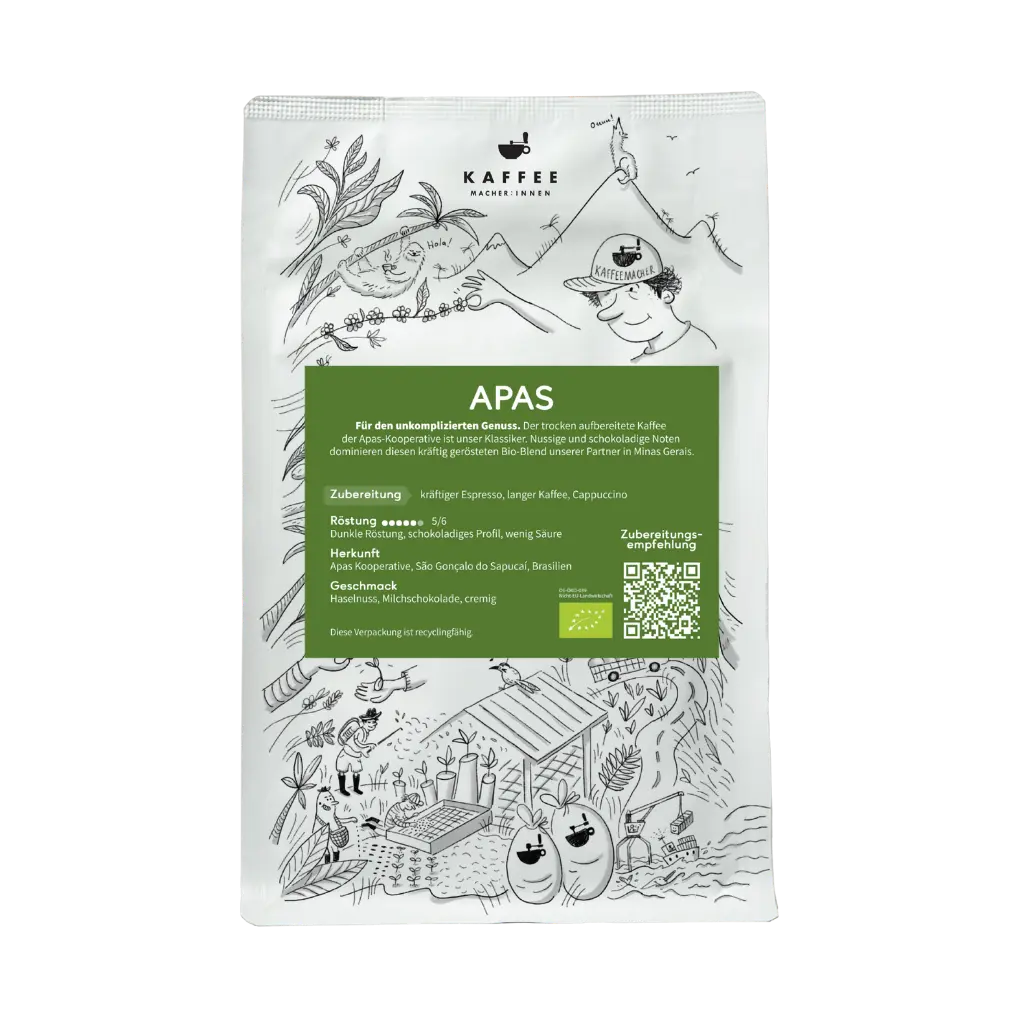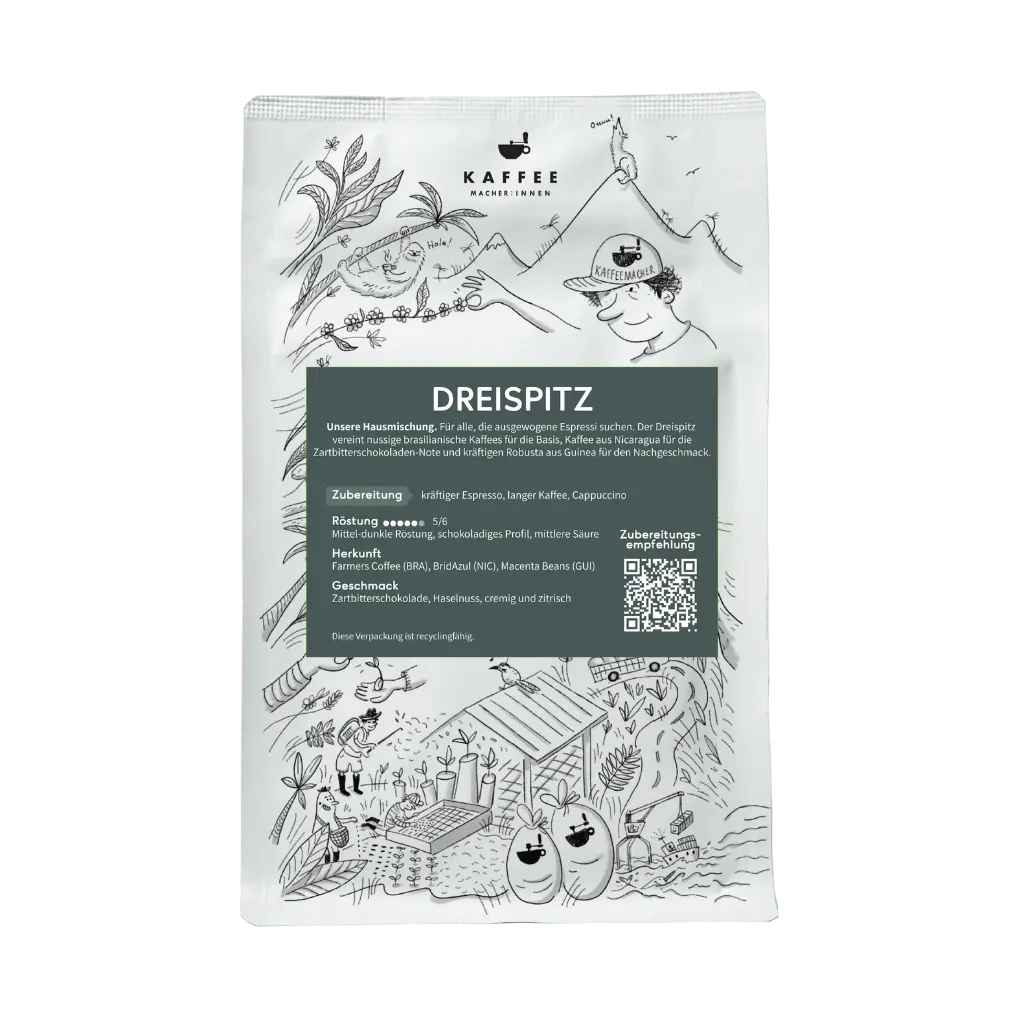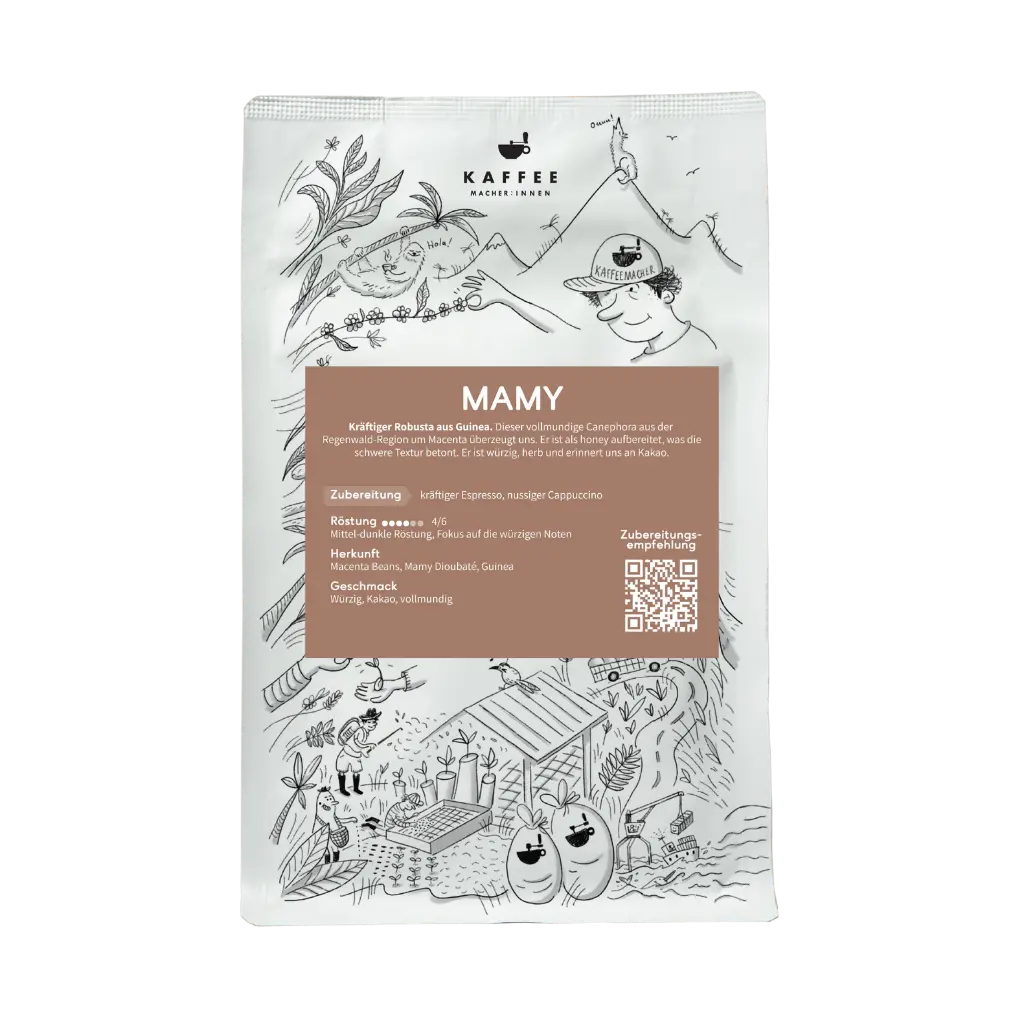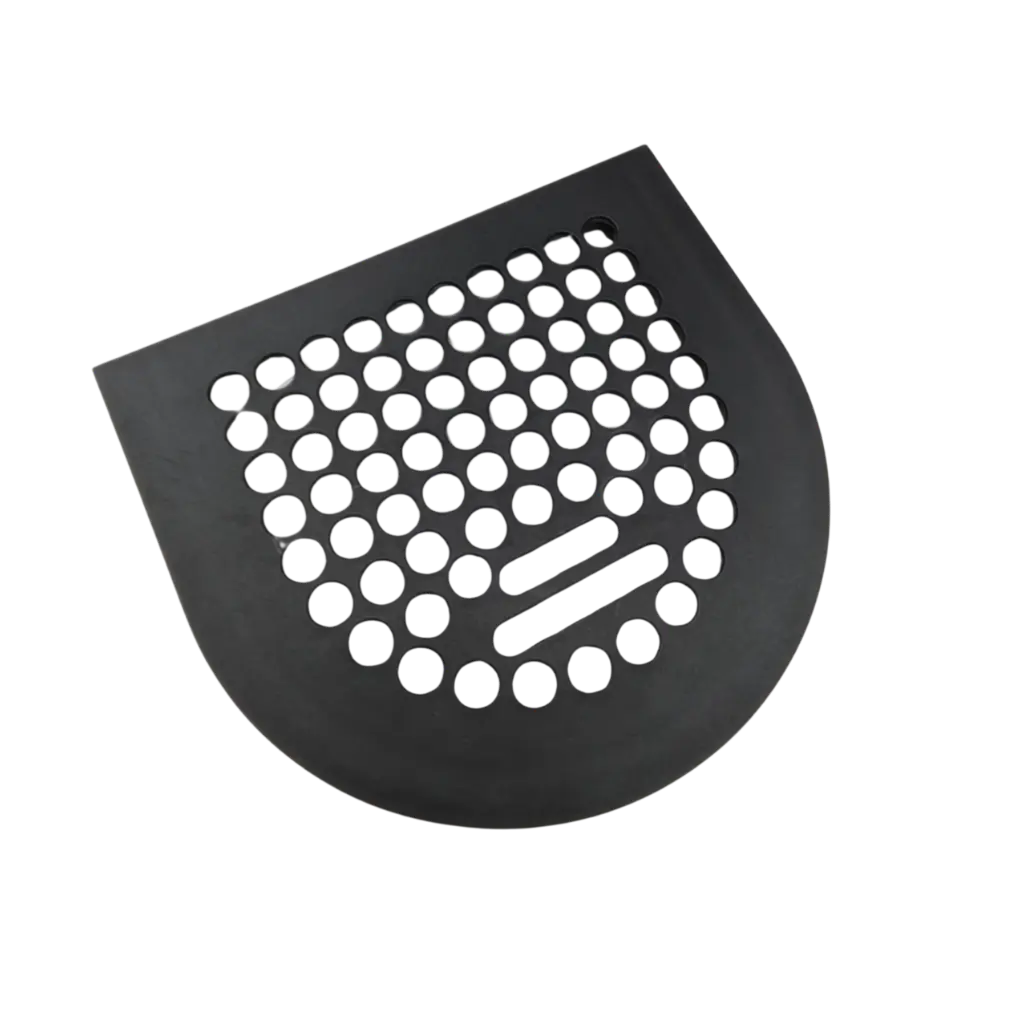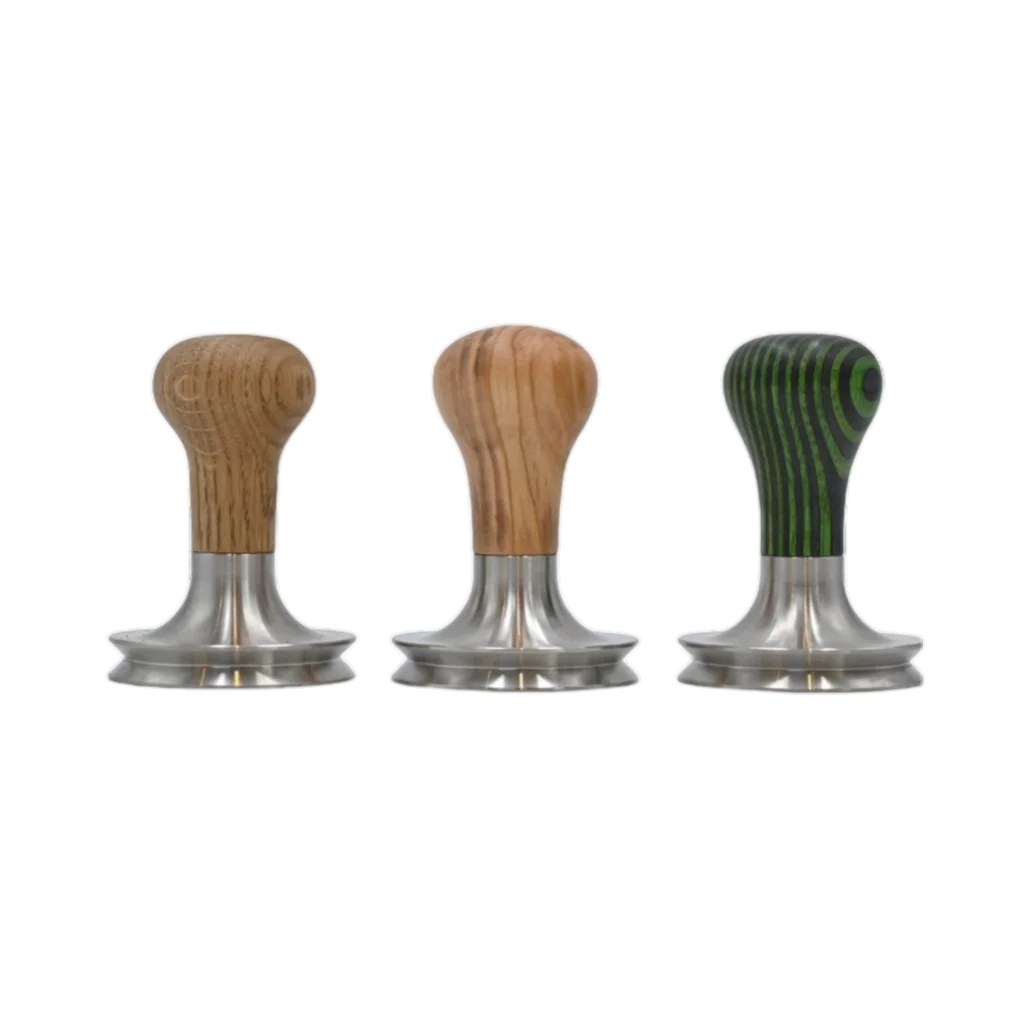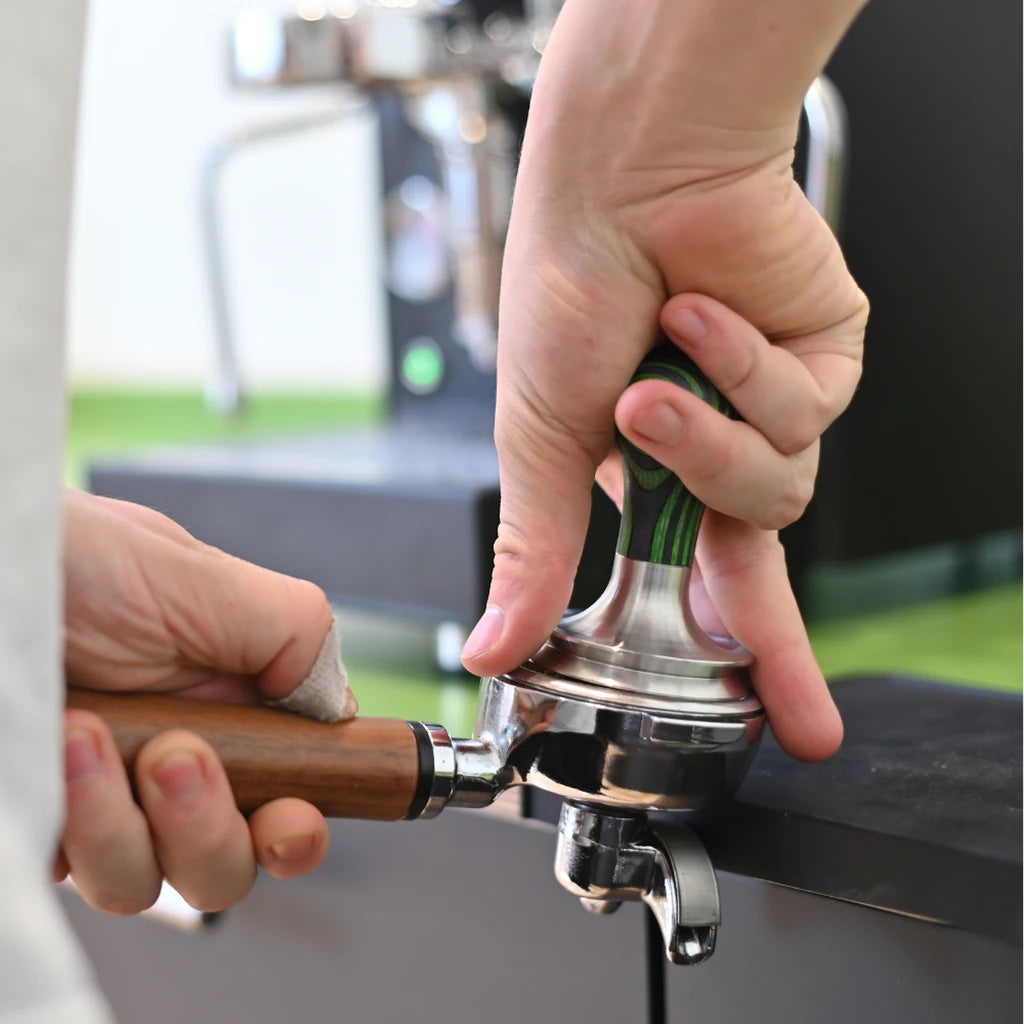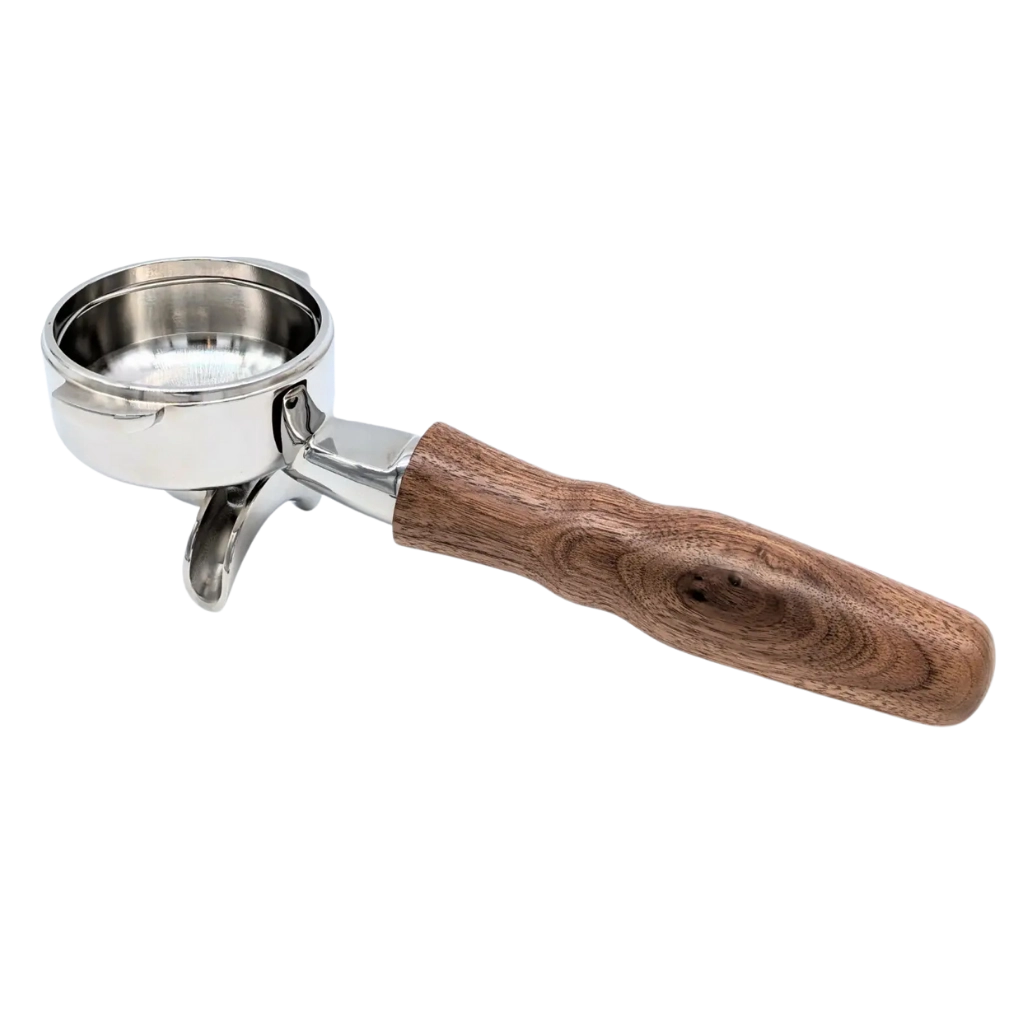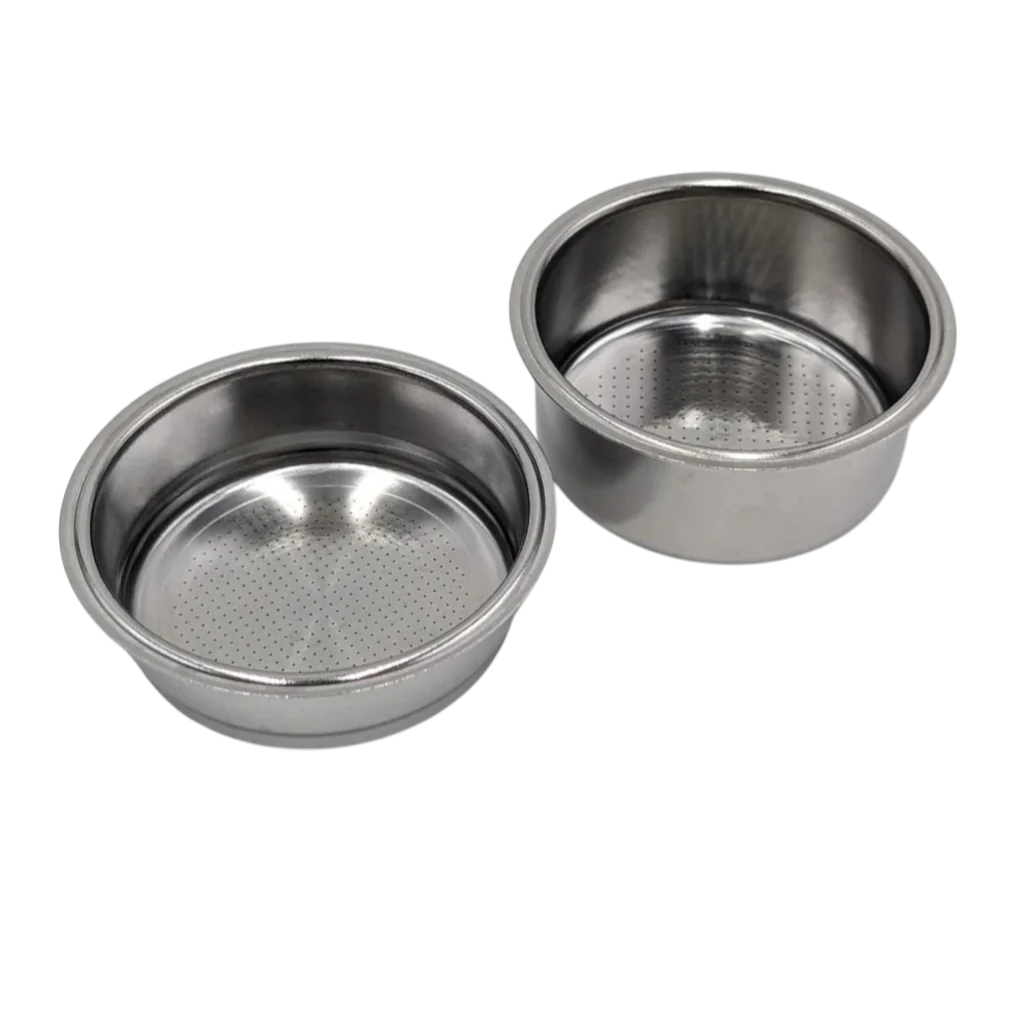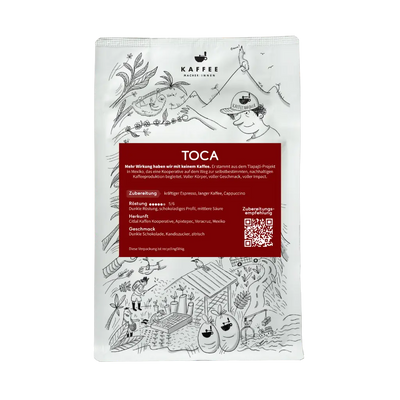What exactly is this mouthfeel that coffee people always talk about?
Mouthfeel is the multifaceted, tactile sensory impression of a food. We explore the texture of food or liquids with our tongue, rather than our palate.
The term "mouthfeel" is a somewhat unfortunate translation of the English word "mouthfeel" <1>. Texture , as used in wine sensory analysis, describes the same effect as mouthfeel and can easily be substituted for it.
The differences in tactile sensations between crispbread, oysters, and dough are enormous. The vocabulary used to describe these differences is equally broad: crunchy, slippery, chewy, etc.
With coffee, things are different. Coffee, as a beverage, is liquid, and thus the spectrum of intensity is limited: thin – liquid – thick. Instead of going into breadth, we need to go into depth and describe the quality of intensity to communicate coffee. From tea-like, silky, velvety, juicy, to round, creamy, syrupy, etc., a wide range of descriptions is available to us.
Some factors that influence mouthfeel
Numerous factors contribute to the beverage's quality. The ripeness of the coffee cherry, its processing, the way we roast the coffee, and its resulting solubleness—short-roasted coffees are generally less soluble than longer-roasted coffees.
The substances dissolved during extraction are partly responsible for the quality of the mouthfeel. The water used also plays a major role here, as the composition of the minerals contained in the water reacts with the coffee, releasing soluble substances.
Mouthfeel and perception
The texture of the coffee significantly influences our perception. If a coffee has a syrupy consistency and lingers on the tongue longer, I have more time to analyze it. The flavors appear more intense to us. On the other hand, if a watery coffee disappears quickly from the tongue, there are fewer dissolved substances in it. The low intensity and its short lingering time lead to the flavors being only poorly perceived.
The quality of the mouthfeel plays an important role in the sensory assessment of a coffee. Even if the coffee has great aromas and complex acids, if the mouthfeel isn't up to scratch, the coffee will be less enjoyable and the flavor notes less legible.
<1> However, since many terms in coffee sensory analysis originate from the Anglo-Saxon (not least due to the groundwork of the SCAA – Specialty Coffee Association of America), the term has become established.



